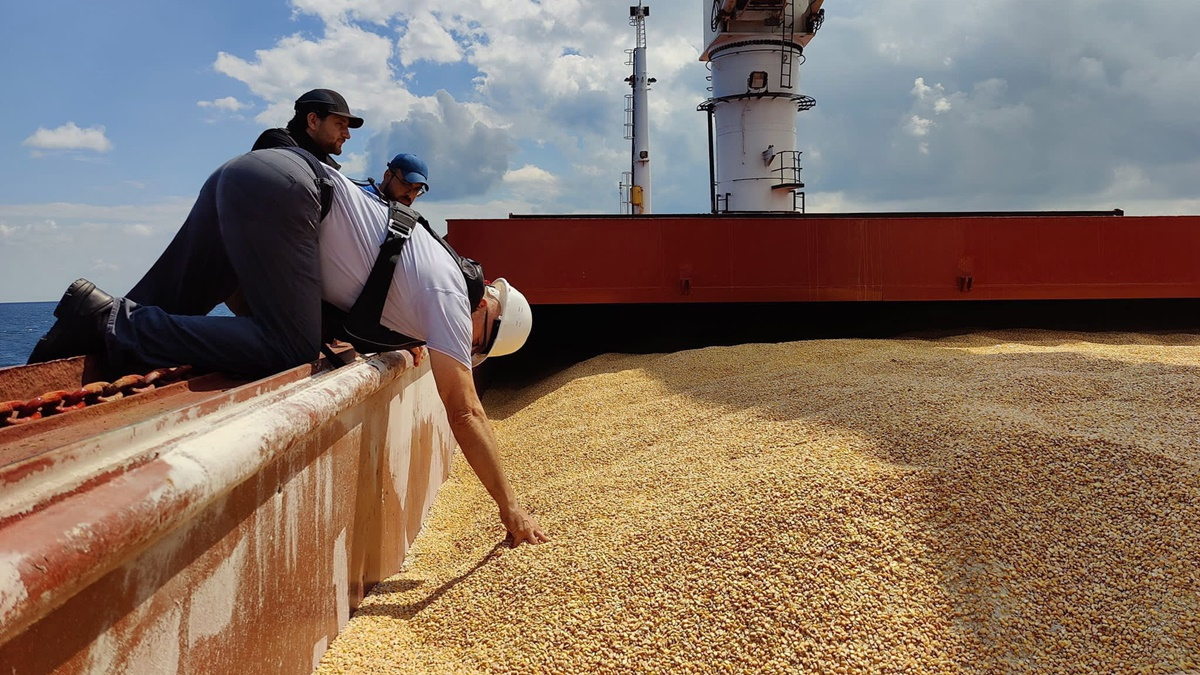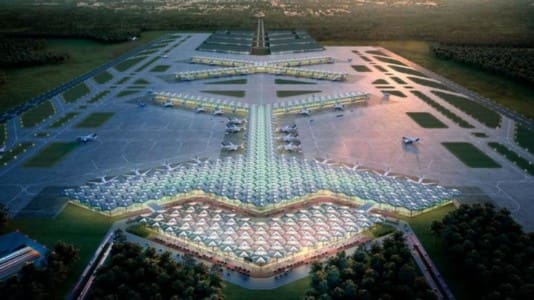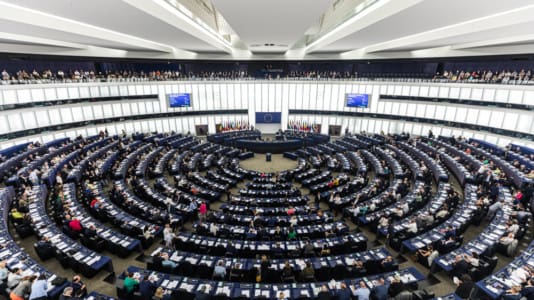German farmers are voicing their deep fear of Ukraine’s ascension into the EU, with the German Farmers’ Association (DBV) warning decision-makers against trying to interpret the EU’s Common Agricultural Policy (CAP) in its current form taking into consideration the accession of Ukraine. Such a move, the organization warns, would lead to the disappearance of family farming in Europe.
DBV President Joachim Rukwied said that if Ukraine were to join as a major agricultural power under the current regulatory conditions, it would destroy the continent’s family farming model and lead to Europe’s markets being flooded with cheap crops. The main problem is the basis of the CAP support system, which distributes money according to the size of a country’s agricultural area.
The funds in question amount to a hefty €386 billion pie, the biggest slice of which would go to Ukraine, a country where the average farm size is 1,000 hectares compared with just 16 acres in the EU.
As a new member state, Ukraine would take more out of the common budget than it could put back in for a very long time. As a result, its accession would mean a drastic reduction in the money to other member states. The EU’s current agricultural superpowers, France and Poland, would have no chance of winning a game played under the changed rules, but even worse times would await medium and smaller producers such as Bulgaria and Hungary.
According to Rukwied, a common agricultural policy including Ukraine would therefore be unworkable unless it were to be at the expense of the current EU member states. The DBV president was upset by the fact that 2030 has repeatedly been mentioned as a possible date for the country’s accession. This, he said, would completely ruin the next funding cycle for the CAP, which starts in 2028 and runs until 2034 and is based on the current European Union, not an enlarged one.
The German farmers’ view, moreover, is largely in line with the general view of EU member states, except for the now out-of-touch Baltic countries. This predominant view is that the CAP system cannot continue in its current form, as all the money from the hectare-based payments would be immediately siphoned off by Kyiv.
Ukraine has 42 million hectares of arable land, more than a third of the EU’s farm area, meaning that Ukrainian farmland is the size of Italy.






